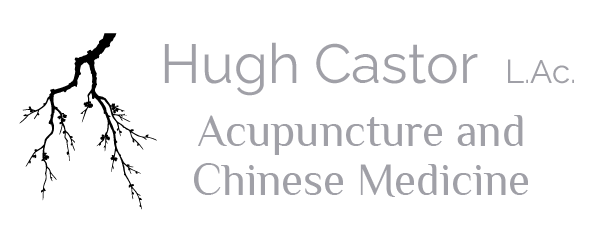Which Natural Health Supplements Are Right for You?
 As a holistic healthcare provider, my opinion is often sought by clients in a quandary over whether they should try a supplement; often to either improve health or treat an illness. There are three main factors to consider when choosing supplements: appropriateness, quality, and dosage. By looking at these aspects, one can make a rational choice, if any at all, as to what will work best for them.
As a holistic healthcare provider, my opinion is often sought by clients in a quandary over whether they should try a supplement; often to either improve health or treat an illness. There are three main factors to consider when choosing supplements: appropriateness, quality, and dosage. By looking at these aspects, one can make a rational choice, if any at all, as to what will work best for them.
First off, I will state my bias up front; I believe 70% of the supplements consumed in the U.S. are a waste of money. They are sold based on the same insecurities, fears, and promises that cosmetic manufacturers use to move products: feelings of inadequacy, fears of poor health, and promises of a quick, and above all else, easy solution to maintaining our good health. There are definitely times that supplements are very helpful, even curative. Other times they might not be the wisest choice for a particular health issue. But I often see that the marketing hype around this issue plays on our emotions rather than appealing to our wisdom. When pressed about why people use supplements, often one the three above reasons will come up as the main motivating factor. This is exactly what the supplement manufacturers count on to sell their products.
When deciding whether or not to use a supplement, first consider if it is the most appropriate approach for the problem at hand. Depending on the illness or health issue, this could be a huge question to consider. It involves correctly diagnosing the problem and then selecting from what are often a myriad of approaches for the most clinically effective treatment that restores health with minimal side effects. For these reasons, when dealing with complex health issues, it is helpful to have some expert guidance from a healthcare professional trained in natural health and the use of supplements. Preferably, one who has little to no financial gain from prescribing the supplement. This removes the concern for any potential ethical issues.
Another big issue is that of quality. Although there are numerous well made products out there, some supplements on the market are mostly useless due to weak active constituents, poor processing, and improper handling and storage. In most cases, it is worth looking into how a company manufactures its’ supplement to determine if it is high quality. Vitamin C is a great example because how it is processed, manufactured, handled, and stored will determine how much is actually available to be absorbed by the body. Considering all the hype involved in advertising, price isn’t always the best determinant of quality, but it is generally true that you get what you pay for.
This brings us to dosage. One of the biggest mistakes in trying supplements is not using enough to achieve a therapeutic result. This partly goes back to using a high quality product, but that should be factored in the dosage. As a culture, we are quite familiar with modern pharmaceutical products that are highly distilled and extremely potent. One little pill with a tiny amount of active constituent will often have huge therapeutic effects. This can mislead us into insufficient dosing when it comes to supplements. A good example here would be using essential fatty acids in the form of fish or plant oils. Here, I often see individuals underdosing by one half the therapeutic dose and thereby, not getting the necessary amounts of the active constituents, EPA and DHA to be therapeutically effective.
Of course for most people, overdosing is a more common way to misuse supplements. The hope is that if a person uses more, than they will get a stronger response. In general, this is true – until one reaches the therapeutic dosage level where a person will typically see diminished returns. Going beyond that amount can also create problems. With some substances (vitamin A, for instance) it is downright dangerous to use too high a dose. However, in the vast majority of cases a person is usually only throwing their money away as overuse of most supplements isn’t as much dangerous as it is wasteful. The guiding thought should be that after reaching a therapeutic level, more supplements don’t equal more “health”.
So remember that when it comes to choosing supplements there are three main factors in making the right selection: appropriateness, quality, and dosage. Here it really pays to do one’s homework and find out what goes into the making and proper use of supplements.
Stay tuned for another informative article on holistic medicine. If you are interested in more information on natural therapies and Chinese medicine, check out my other blog entries or please visit my website at www.hughsacupuncture.com.
